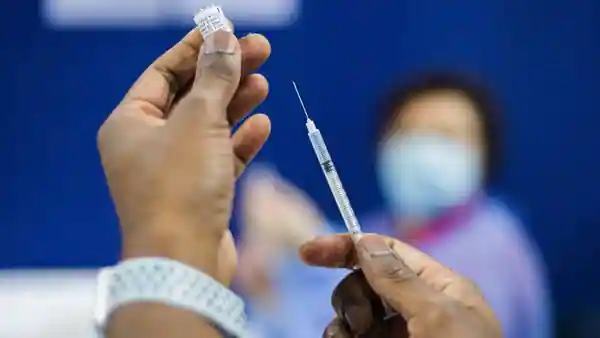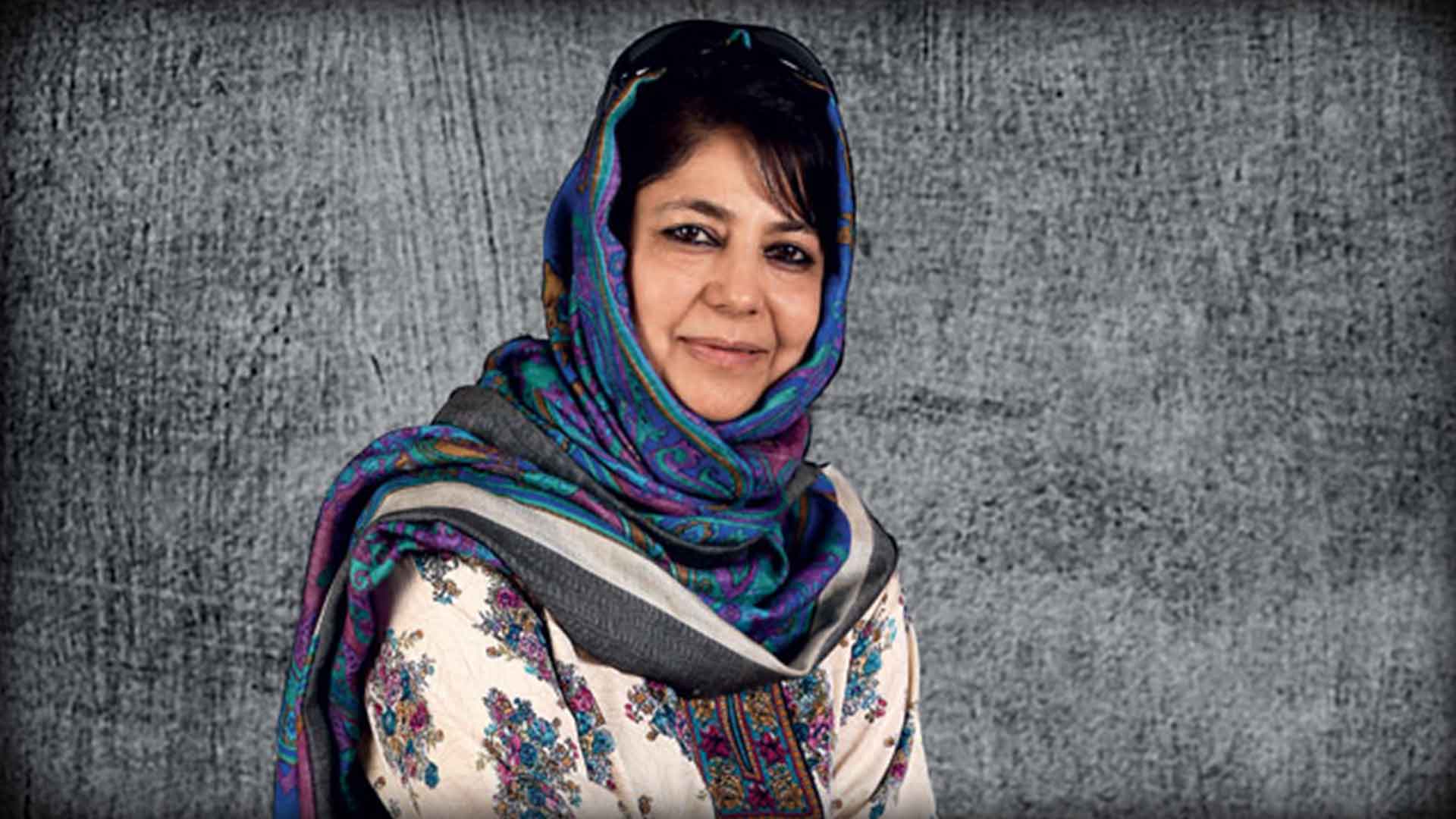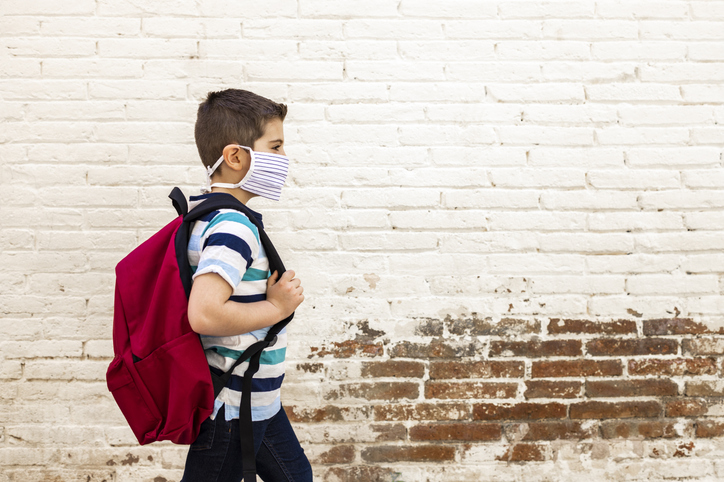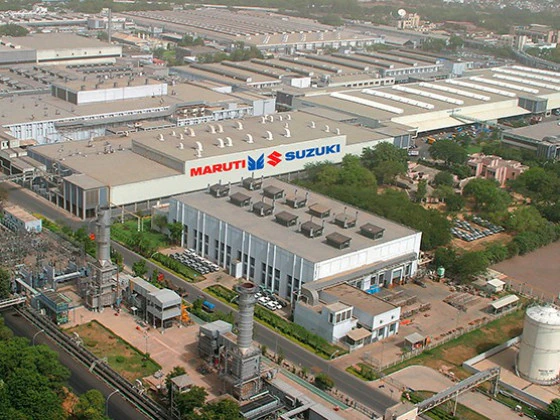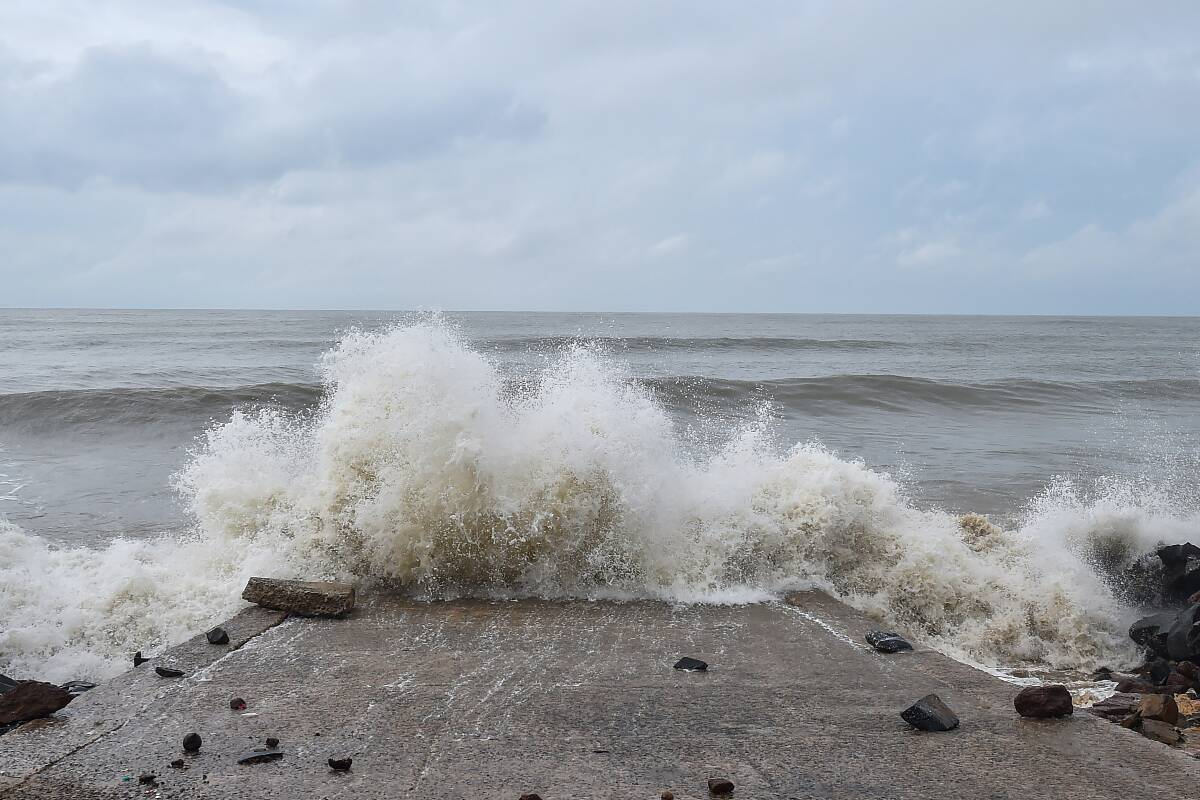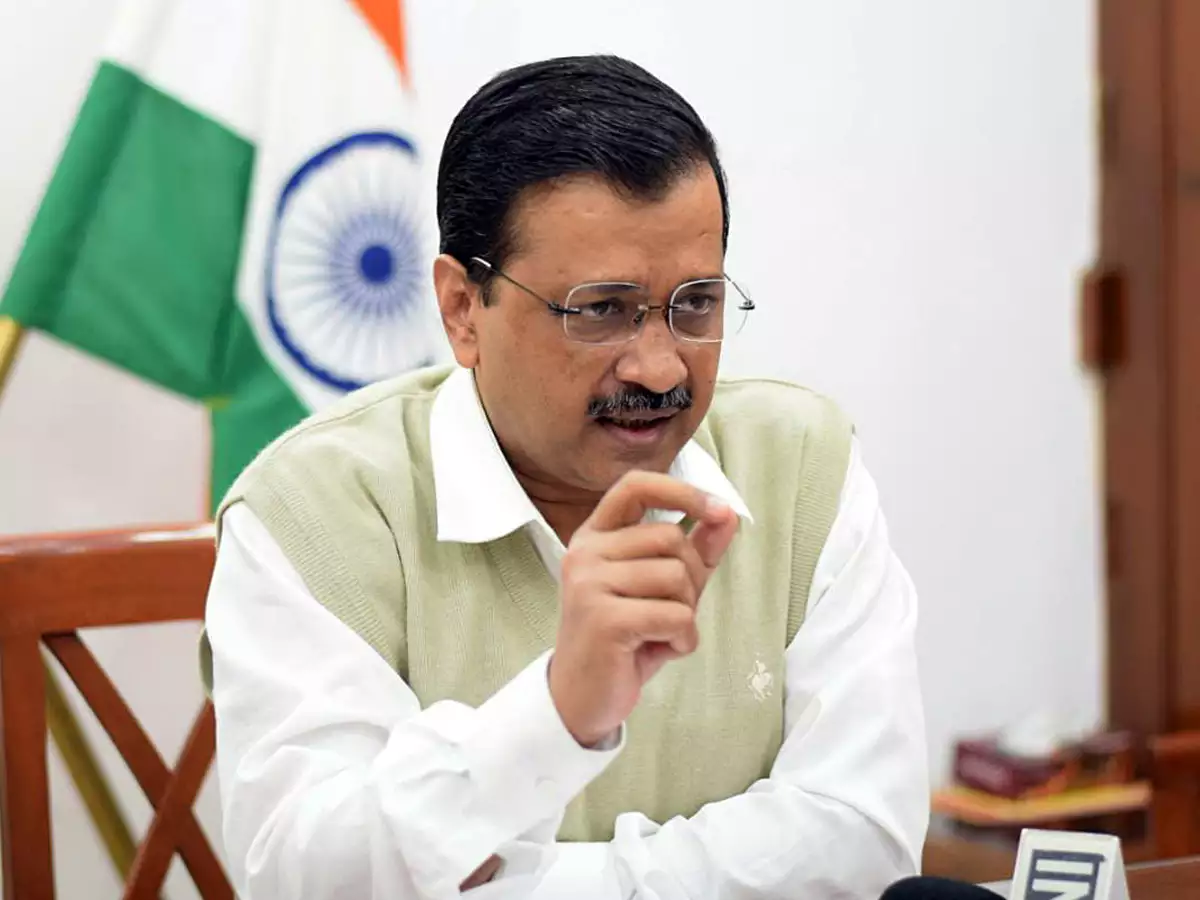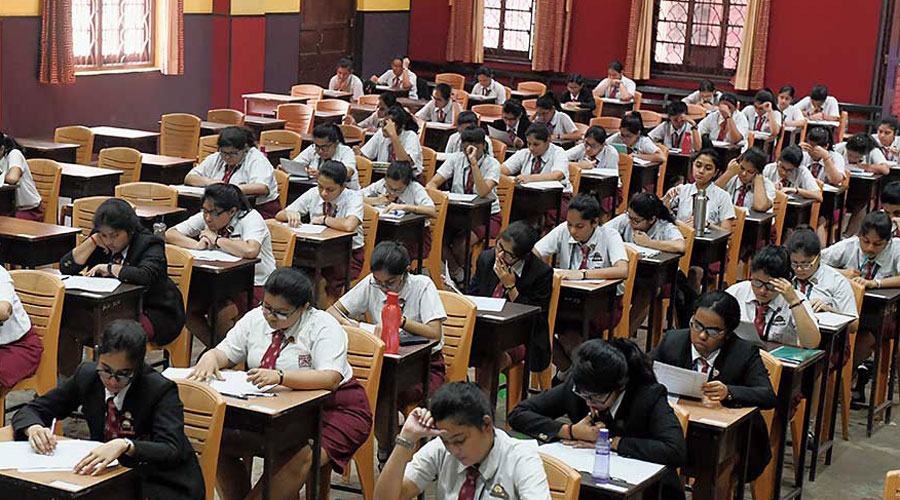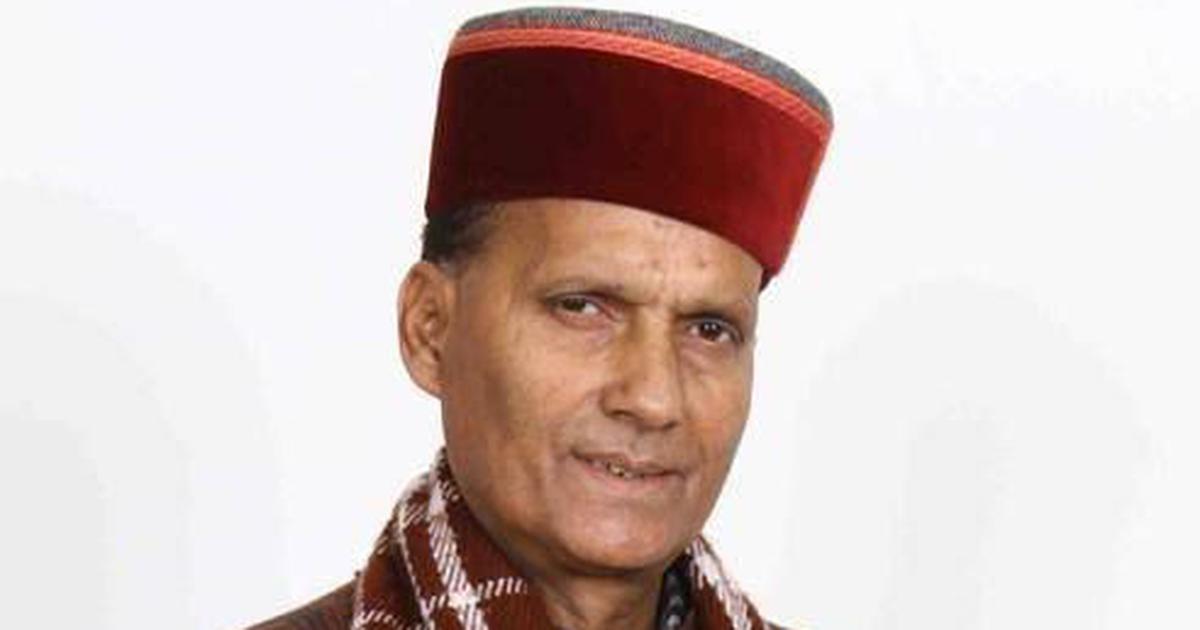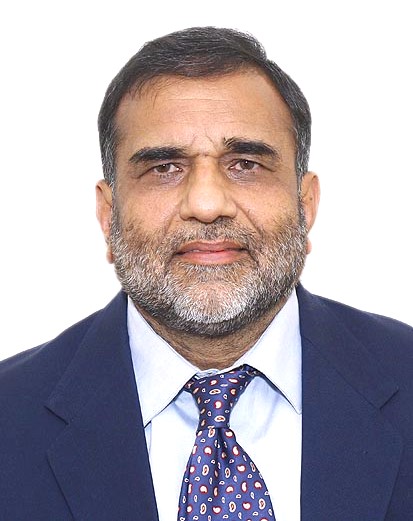The International Monetary Fund (IMF) on Friday proposed a $50 billion plan to end the COVID-19 pandemic, with a target of vaccinating at least 40% of the world’s population by the end of 2021 and the remaining 60% by the first half of 2022.
“Our proposal sets targets, estimates financing requirements, and lays out pragmatic action,” said Kristalina Georgieva, head of the IMF, at the Global Health Summit held in Rome as part of the G20.
Doing so, the detailed research piece prepared by the IMF Chief Economist Gita Gopinath and staff economist Ruchir Agarwal say, would inject the equivalent of $9 trillion into the global economy by 2025 due to a faster resumption of economic activity, with rich countries potentially benefiting the most.
‘No real end to economic crisis without an end to health crisis’
The authors of the report point out that it is now recognised that there will be no real end to the economic crisis without an end to the health crisis.
It is therefore in the interest of all countries to put a definitive end to the pandemic, it argues.
Georgieva said that it made sense for rich economies to boost donations to ensure a faster end to the pandemic.
“Advanced economies – asked to contribute most to this effort – would likely see the highest return on public investment in modern history, capturing 40% of the GDP gains and roughly $1 trillion in additional tax revenues,” she said in her prepared remarks.
“For some time, we have been warning of dangerous divergence of economic fortunes,” said Georgieva. “It will only worsen as the gap widens between wealthy countries that have access to vaccines and poor countries that do not.”
At the end of April, less than 2% of the population of Africa had been vaccinated while more than 40% of the population in the United States and over 20% in Europe had received at least one dose of vaccine against Covid, the IMF said.
The fund is prioritising closing the vaccine gap to put the world back on the path to growth. The goal is to “help bring the pandemic substantially under control everywhere for everyone’s benefit,” Georgieva said.
To get there, the IMF stressed the need for additional subsidies for the international Covax scheme — which was set up to try to prevent rich countries from hoarding vaccine but is proving ineffective so far.
Those subsidies would come through donations of surplus doses and ensuring the free cross-border flow of raw materials and vaccine.
The estimate of $50 billion is a combination of at least $35 billion in subsidies, plus resources from governments and other funding, the IMF said.
“Implementing the plan would cost some $50 billion, with $35 billion to be paid for by grants from rich countries, private and multilateral donors, and the remaining $15 billion to be funded by national governments using low- or no-interest financing available from multilateral development banks,” it added.
While the vaccine supply was still limited, it called for $30 billion in spending on widespread testing, sufficient therapeutics and preparations for vaccine deployment, as well as $2 billion to evaluate and implement dose-stretching strategies.
Without urgent actions, many emerging and developing countries might have to wait until the end of 2022 or later to bring the pandemic under control, they said.
G20 countries had already recognized the need for some $22 billion in grants to tackle the crisis, leaving some $13 billion in additional grants needed to reach the $50 billion, the IMF authors said.
The COVID-19 pandemic has killed over 3.5 million people across the world, and projections point to highly unequal health prospects well into 2022, which poses “severe risks for the world,” the IMF said.

Surjitt Sahani

